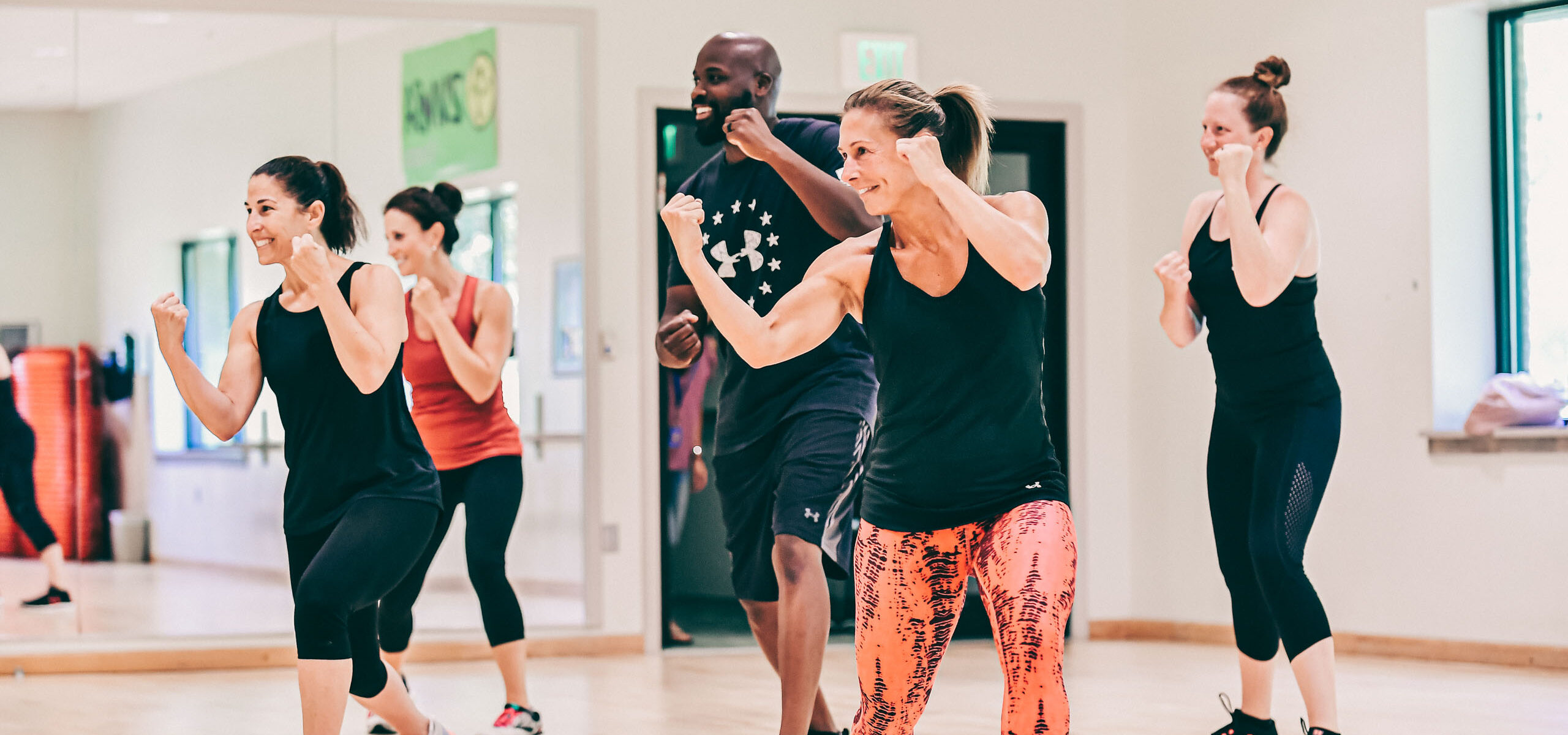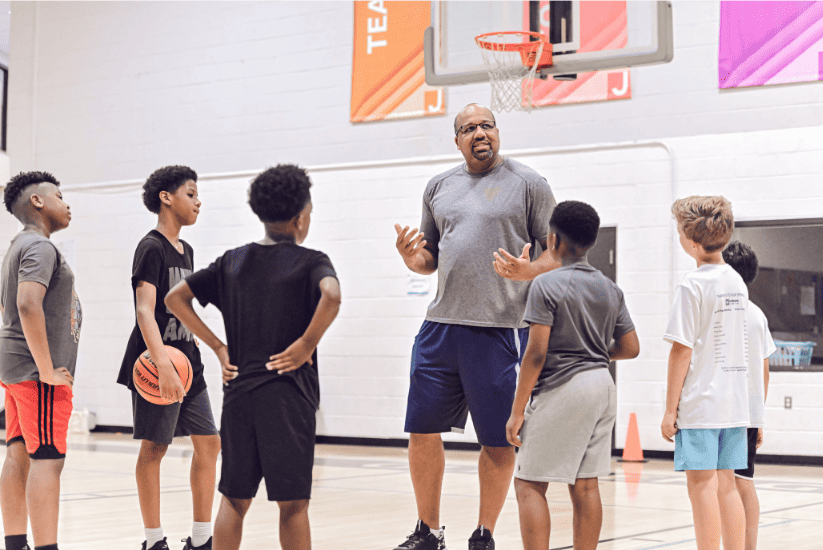BODYBUILDING 101: The Importance of Discipline and Diet

BODYBUILDING 101: The Importance of Discipline and Diet
There are a lot of benefits to taking up bodybuilding but quick results are not one of them, at least not according to JCC trainers and veteran bodybuilders Yaakov Bar Am and Abbie Friedberg. The way Yaakov and Abbie tell it, bodybuilding requires tremendous self-discipline and meticulous nutrition, years of hard work to start getting the results you want, and even more hard work to maintain those results once they do start showing up.
“You have to want to do it,” Abbie says. “First and foremost, you have to have the drive to do it because it’s a huge commitment. It’s like with any sport: just to go through the motions of doing it, it won’t get you to where you need to be, you really need to have that drive to get up there and do it.”
At least during competition season, Abbie says the source for that drive is pretty simple: “I guess it’s simply that I have to get up on stage in the bikini. As the date gets closer and closer to walking across that stage in a bikini, I better look good.”
Outside competition season, Abbie says her motivation becomes a little more complex. “Staying lean all year round is a choice and it’s a way of life,” she says. “And it’s taken me years to create the balance of being able to live and enjoy myself and not always having to eat chicken and broccoli and rice.”

Yaakov Bar Am working out at the J.
“Someone who’s interested in competing (in bodybuilding) has to really be willing to change their life,” Yaakov agrees. “It is a life centered around food and food prep. And the rest is your workout and the next most important thing, sleep.”
Yaakov maintains his drive during the build-up to competitions by watching motivational videos and speeches by other bodybuilders like Arnold Schwarzenegger, as well as the motivation of working with his fellow bodybuilders. “I’m motivated by being with my teammates, most of whom are a lot bigger than I am,” he admits. “I like to keep up with the team and I am an extremely competitive person.”
Yaakov says he’s especially proud of his strong performance at the Baltimore Classic last October, where he took first place in the Over-50, Over-40, and Over-35 age categories of the competition’s Men’s Physique section.
Yaakov says bodybuilders actually spend more time eating or at least planning their meals than they do on actual training, even when they’re not participating in bodybuilding competitions.
“You’ve got to eat to provide the body the nutrition that it needs to grow and you need to not eat fats,” Yaakov says. “You’re not on a Ho-Hos and Twinkies diet; you’re eating a lot of protein.” Once competition season starts, that protein-heavy diet is replaced by a lot of sacrificing calories and increased cardio workouts. Yaakov says his year-round dietary staples include lots of rice, sweet potatoes, beef, poultry, fish, and lots of green vegetables and egg white.
Not every bodybuilder emphasizes nutrition in the same way though, at least not as a trainer. “To me as a trainer, ethically I’m not supposed to give out diet plans and deal with the nutritional ends of it,” Abbie says. “I would make suggestions but I don’t do diet plans.”
it becomes a lifestyle
Instead, she refers any clients interested in bodybuilding to professional nutritionists and dieticians to handle those nutritional aspects. “Everybody has a very different body type, everyone’s got different metabolisms,” says Abbie. “And I’ve seen a lot of damage done to competitors who are taking the dieting to an extreme and not doing it correctly.”
And of course, the actual workouts each bodybuilder undergoes are no less intensive than their diets. Both Yaakov and Abbie work out pretty much daily, with different parts of the body the main focus of different specific workout days. For example, on Mondays, Yaakov focuses on his quadriceps and hamstrings while Abbie focuses on chest and back muscles.
For all its challenges and dietary restrictions and complications, both trainers agree bodybuilding has some major benefits.
“If you’re a goal-setter, it’s a fantastic thing to do,” Abbie says. “And if you stay in it, it’s something that keeps you on track as far as keeping a lean physique. Looking the part and not going offseason and losing everything that you’ve worked so hard for, it becomes a lifestyle.”
Yaakov says there are three key components to that lifestyle for anyone looking to take up bodybuilding: “Training five days a week, minimum, a very healthy, nutritious diet, and they have to sleep.” He said it’s not so much that bodybuilders need more sleep than the regular recommendation of 6-8 hours as much as the fact that the body tends to do more of its growth and repair while you’re asleep.
Beyond the basic requirements of the sport, Yaakov says a huge part of the appeal of bodybuilding for him is the camaraderie. “One thing I like about it is when you are finally at your competition, you’ve got anywhere between 100 to 400 people who are just like you. And you are surrounded by people who’ve sacrificed and know the meaning of sacrifice for this one day, these 10-15 minutes on stage.”






